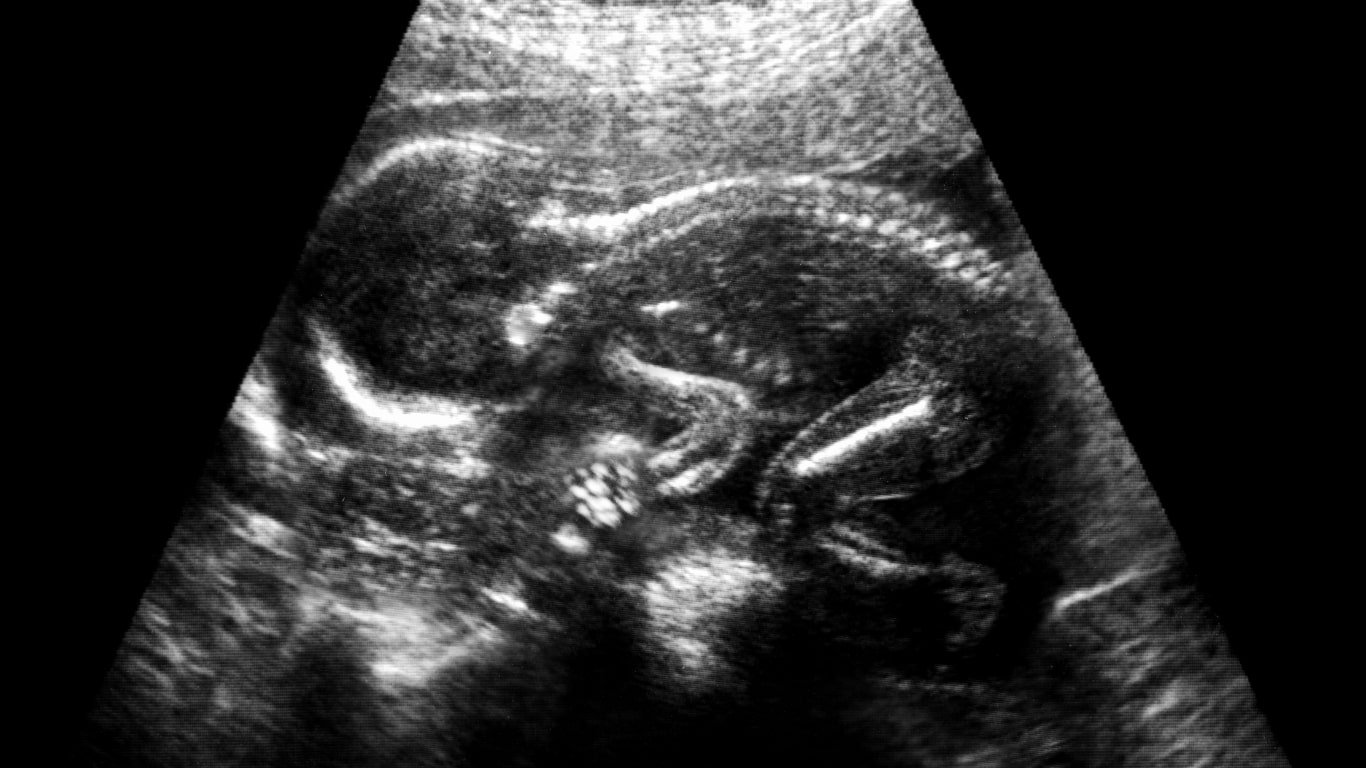
Pregnancy is a critical time when nutrition plays a vital role in the health and development of both the mother and the baby. Among the numerous dietary recommendations, the inclusion of nuts stands out for their rich nutritional profile and potential health benefits. Nuts are nutrient-dense foods that provide essential vitamins, minerals, healthy fats, and other bioactive compounds, making them a valuable component of a balanced diet during pregnancy. This article delves into the specific benefits of nut consumption during pregnancy, exploring how they contribute to maternal health, fetal development, and long-term outcomes for the child.
Nutritional Profile of Nuts
Nuts, including almonds, walnuts, cashews, pistachios, and hazelnuts, are packed with essential nutrients. They are particularly rich in:
- Healthy Fats: Nuts are an excellent source of unsaturated fats, including monounsaturated and polyunsaturated fats. These fats are crucial for the development of the fetal brain and nervous system. Omega-3 fatty acids, found in walnuts, play a significant role in promoting cognitive development in the fetus.
- Protein: Protein is essential for the growth and repair of tissues, making it vital during pregnancy. Nuts provide a plant-based source of protein, which is particularly beneficial for those following a vegetarian or vegan diet.
- Vitamins: Nuts are rich in vitamins, including Vitamin E, a powerful antioxidant that protects cells from oxidative stress. Vitamin E also supports the immune system and helps in the formation of red blood cells.
- Minerals: Nuts are a good source of essential minerals such as magnesium, calcium, phosphorus, and zinc. Magnesium, for instance, helps prevent uterine contractions and reduces the risk of premature labor.
- Fiber: The high fiber content in nuts aids in digestion and helps prevent constipation, a common issue during pregnancy. Fiber also supports a healthy gut microbiome, which can influence overall health.
- Antioxidants: Nuts contain antioxidants like polyphenols, which protect the body from oxidative damage. Oxidative stress has been linked to pregnancy complications, making the antioxidant properties of nuts particularly beneficial.
Maternal Health Benefits
1. Weight Management
One of the primary concerns during pregnancy is maintaining a healthy weight. Nuts, despite being energy-dense, can help in weight management. Their high fiber, protein, and healthy fat content promote satiety, reducing the likelihood of overeating. Studies have shown that regular nut consumption is associated with a lower risk of excessive weight gain during pregnancy, which is crucial for avoiding complications such as gestational diabetes and hypertension.
2. Gestational Diabetes Management
Gestational diabetes is a condition characterized by high blood sugar levels during pregnancy. Managing blood sugar levels is critical to prevent complications for both the mother and the baby. Nuts have a low glycemic index, meaning they do not cause rapid spikes in blood sugar levels. Additionally, the healthy fats and fiber in nuts help stabilize blood sugar levels, making them a beneficial snack for pregnant women at risk of or managing gestational diabetes.
3. Reduced Risk of Preeclampsia
Preeclampsia is a serious condition characterized by high blood pressure and damage to other organs, often the liver and kidneys. Magnesium, found in high amounts in nuts like almonds and cashews, has been shown to help reduce the risk of preeclampsia. Magnesium acts as a natural vasodilator, helping to relax blood vessels and lower blood pressure.
4. Mood and Mental Health
Pregnancy can bring about mood swings and anxiety due to hormonal changes. The omega-3 fatty acids in nuts, particularly walnuts, play a role in supporting mental health. Omega-3s have been shown to reduce the risk of depression and anxiety, which are common during pregnancy. Additionally, nuts provide a steady source of energy, preventing blood sugar crashes that can exacerbate mood swings.
Benefits for Fetal Development

1. Brain Development
The development of the fetal brain begins early in pregnancy, and adequate intake of nutrients is crucial. Omega-3 fatty acids, particularly DHA (docosahexaenoic acid) found in walnuts, are integral to the formation of the brain and retina. Consuming nuts rich in omega-3s can support the cognitive development of the fetus, potentially leading to better cognitive function and intelligence later in life.
2. Immune System Support
Nuts are rich in zinc and selenium, two minerals that play a crucial role in the development of the fetal immune system. Adequate intake of these minerals during pregnancy can enhance the baby’s immune system, reducing the risk of infections and supporting overall health.
3. Bone Development
Calcium is essential for the development of the fetal skeletal system. While dairy products are a well-known source of calcium, nuts such as almonds also provide a significant amount of this mineral. Adequate calcium intake during pregnancy helps ensure proper bone development in the fetus and reduces the risk of maternal bone density loss.
4. Preventing Birth Defects
Folic acid, a B-vitamin found in nuts, is vital for preventing neural tube defects (NTDs) in the developing fetus. NTDs, such as spina bifida, occur when the neural tube does not close properly, leading to serious complications. Including nuts in the diet provides a natural source of folic acid, contributing to the prevention of these birth defects.
Long-Term Benefits for the Child
1. Reduced Risk of Allergies
There has been some debate about whether eating nuts during pregnancy can increase the risk of nut allergies in children. However, recent studies suggest that maternal consumption of nuts may actually reduce the risk of allergies in the child. Exposure to nuts in utero might help the baby’s immune system develop a tolerance to these allergens, potentially lowering the risk of developing nut allergies.
2. Lower Risk of Obesity
Children born to mothers who consume nuts during pregnancy may have a lower risk of obesity later in life. The healthy fats and other bioactive compounds in nuts may influence the development of fat cells and metabolism in the fetus, leading to better weight management and metabolic health as the child grows.
3. Improved Cognitive Function
As mentioned earlier, the omega-3 fatty acids in nuts are critical for brain development. Studies have shown that children whose mothers consumed omega-3-rich foods during pregnancy tend to have better cognitive function, memory, and learning abilities. This suggests that nut consumption during pregnancy can have long-lasting effects on a child’s intellectual development.
Practical Tips for Including Nuts in a Pregnancy Diet

- Portion Control: While nuts are highly nutritious, they are also calorie-dense. Pregnant women should consume nuts in moderation, with a recommended serving size of about a handful (1 ounce) per day.
- Variety: Different nuts offer different nutrients. Including a variety of nuts such as almonds, walnuts, cashews, and pistachios can help ensure a well-rounded intake of essential nutrients.
- Snacking: Nuts make for a convenient and healthy snack option. They can be eaten on their own or combined with dried fruits for added nutrients and flavor.
- Incorporation in Meals: Nuts can be easily incorporated into meals, such as adding them to salads, yogurt, oatmeal, or smoothies.
- Allergies: Pregnant women with a history of nut allergies or who are concerned about nut allergies should consult their healthcare provider before including nuts in their diet.
Frequently Asked Questions
Can I eat nuts every day when pregnant?
Yes, you can eat nuts every day during pregnancy as long as you do so in moderation. Nuts are nutrient-dense and offer various benefits such as healthy fats, protein, vitamins, and minerals essential for both maternal and fetal health. Consuming a small handful of nuts daily can provide these benefits without excessive calorie intake. However, it’s important to ensure a balanced diet and not rely solely on nuts for nutrition, integrating a variety of foods to meet all dietary needs.
When is the best time to eat dry nuts during pregnancy?
The best time to eat dry nuts during pregnancy is as a mid-morning or afternoon snack. This timing helps to maintain steady energy levels and manage hunger between meals. Incorporating nuts into snacks can also help prevent overeating during main meals and provide a convenient source of essential nutrients. Including nuts in a balanced diet throughout the day ensures that their benefits are maximized and contributes to overall nutritional intake.
How many almonds to eat per day during pregnancy?
During pregnancy, it is generally recommended to consume about 6-8 almonds per day. This amount provides a sufficient dose of calcium, magnesium, and protein without excessive calorie intake. Almonds are a great source of essential nutrients that support bone health and overall well-being. It’s important to integrate almonds as part of a varied diet, along with other nuts and foods, to meet all nutritional requirements.
What are the best nuts for pregnancy?
The best nuts for pregnancy include almonds, walnuts, and cashews. Almonds are rich in calcium and magnesium, which support bone health and reduce the risk of preeclampsia. Walnuts are high in omega-3 fatty acids, crucial for fetal brain development. Cashews offer iron and zinc, important for immune function and preventing anemia. A mix of these nuts can provide a comprehensive range of nutrients beneficial for both the mother and baby.
Which dry fruit is best in pregnancy?
Dates are considered the best dry fruit during pregnancy due to their high content of natural sugars, fiber, potassium, and magnesium. They help maintain energy levels, support digestive health, and can prevent constipation. Additionally, dates may aid in preparing the body for labor in the later stages of pregnancy, making them a valuable addition to a pregnant woman’s diet.
Which nuts and seeds to avoid during pregnancy?
During pregnancy, it is advisable to avoid raw or undercooked nuts and seeds due to potential contamination with harmful bacteria like Salmonella. Specifically, large amounts of raw flaxseeds should be avoided as they contain compounds that can be harmful in excess. Pregnant women with known nut or seed allergies should also avoid those specific nuts or seeds to prevent allergic reactions. Always consult with a healthcare provider for personalized advice.
Conclusion
Nuts are a powerhouse of nutrition, offering numerous benefits for both the mother and the developing baby during pregnancy. From supporting maternal health and managing pregnancy-related conditions to promoting fetal development and providing long-term benefits for the child, nuts are a valuable addition to a pregnancy diet. However, as with any dietary choice during pregnancy, it is essential to practice moderation and consult with a healthcare provider to tailor dietary recommendations to individual needs. Incorporating a variety of nuts into a balanced diet can contribute to a healthy pregnancy and support the well-being of both mother and child.






